Did you know Nauru is the world’s least visited country, welcoming fewer than 200 tourists annually? This tiny Pacific island nation, covering just 21 square kilometers, offers a truly unique travel experience for adventurous souls seeking destinations off the beaten path. From stunning coastal views to fascinating historical sites, Nauru packs surprising diversity into the world’s third-smallest independent republic.
Getting to Nauru
Reaching this remote Pacific gem requires some planning. Nauru Airlines is the only carrier operating flights to the island, with direct connections from Brisbane, Australia, and Nadi, Fiji. Flights typically operate just once or twice weekly, so it’s essential to book well in advance.
For entry requirements, most visitors need to obtain a visa before arrival. The single-entry visa costs approximately AUD 50 and can be arranged through Nauruan diplomatic missions or, in some cases, through your travel agent when booking with Nauru Airlines.
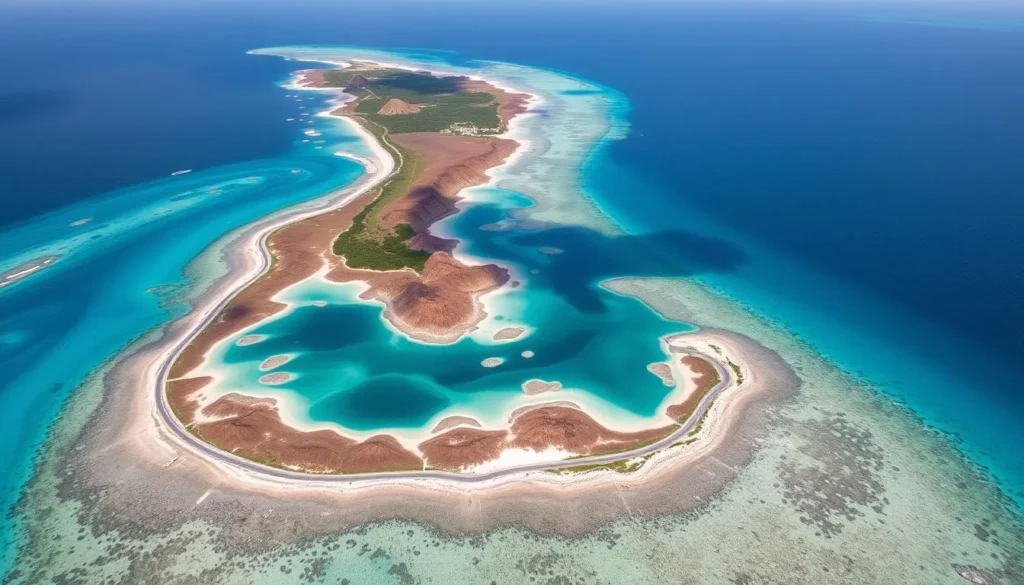
Best Time to Visit Nauru
Nauru enjoys a tropical climate with temperatures averaging between 24°C and 34°C year-round. The dry season, from May to October, offers the most favorable conditions for exploring the island. During these months, you’ll experience less rainfall and humidity, making outdoor activities more comfortable.
The wet season spans from November to April, bringing occasional heavy rains and stronger winds. While the island rarely experiences cyclones, sea conditions can be rougher during this period, potentially affecting swimming and fishing activities.
“The best time to visit Nauru is during the dry season (May-October) when weather conditions are ideal for exploring the island’s natural attractions and outdoor activities.”
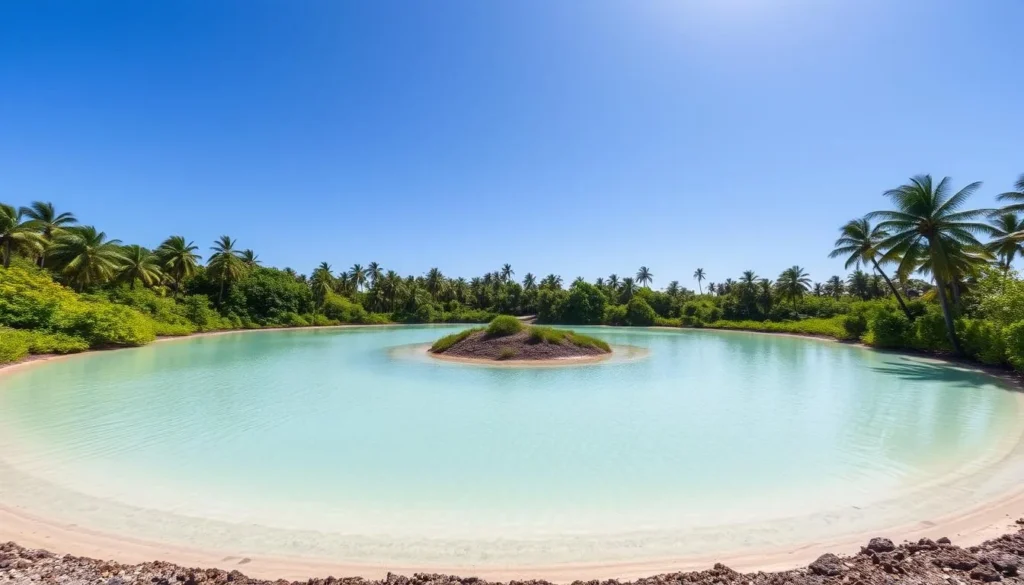
Where to Stay in Nauru
Accommodation options in Nauru are limited but sufficient for the small number of visitors the island receives. The two main options are:
Menen Hotel
The island’s largest hotel offers spacious rooms with air conditioning, a restaurant serving international and local cuisine, and a bar. Located near Anibare Bay, it provides convenient access to one of Nauru’s most beautiful beaches.
Price range: USD 110-150 per night
Od’n Aiwo Hotel
A smaller option with basic but comfortable rooms, a restaurant, and the popular Jules on the Deck bar. Situated in the Aiwo district, it’s close to government buildings and the phosphate processing facilities.
Price range: USD 90-120 per night
Top Things to Do in Nauru
Despite its small size, Nauru offers several unique attractions that make it worth visiting for adventurous travelers. Here are the best things to do during your stay:
1. Drive Around the Island
One of the most popular activities is circumnavigating the entire country via the 21km coastal road. This journey takes approximately 30 minutes by car and offers stunning views of the coastline, local villages, and phosphate landscapes. It’s a rare opportunity to say you’ve driven around an entire nation in less than an hour!
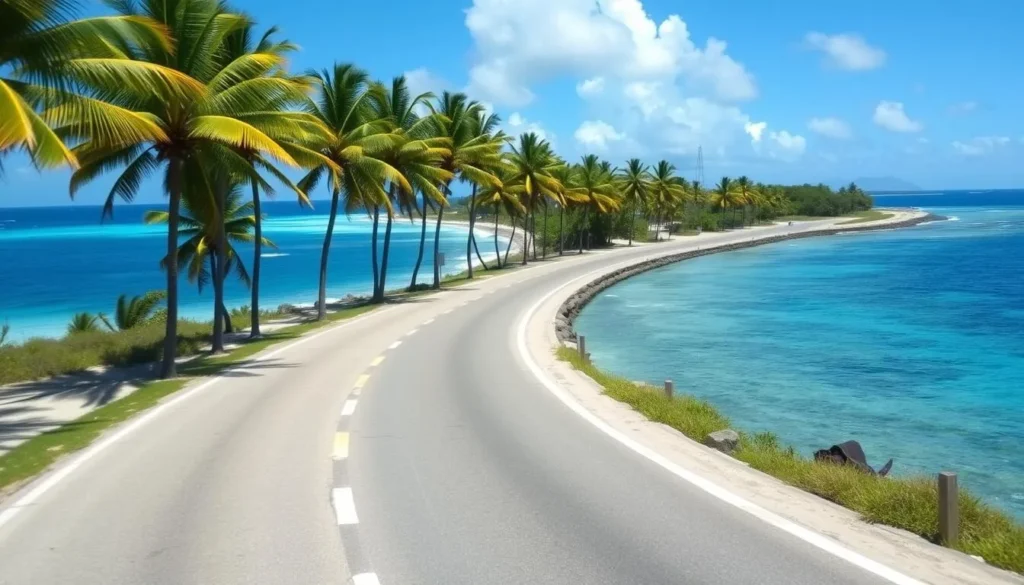
2. Climb Command Ridge
At 65 meters above sea level, Command Ridge is Nauru’s highest point and offers panoramic views of the entire island. During World War II, Japanese forces used this strategic location as an observation post. Today, you can explore abandoned bunkers and see the remains of anti-aircraft guns while enjoying the spectacular 360-degree vistas.
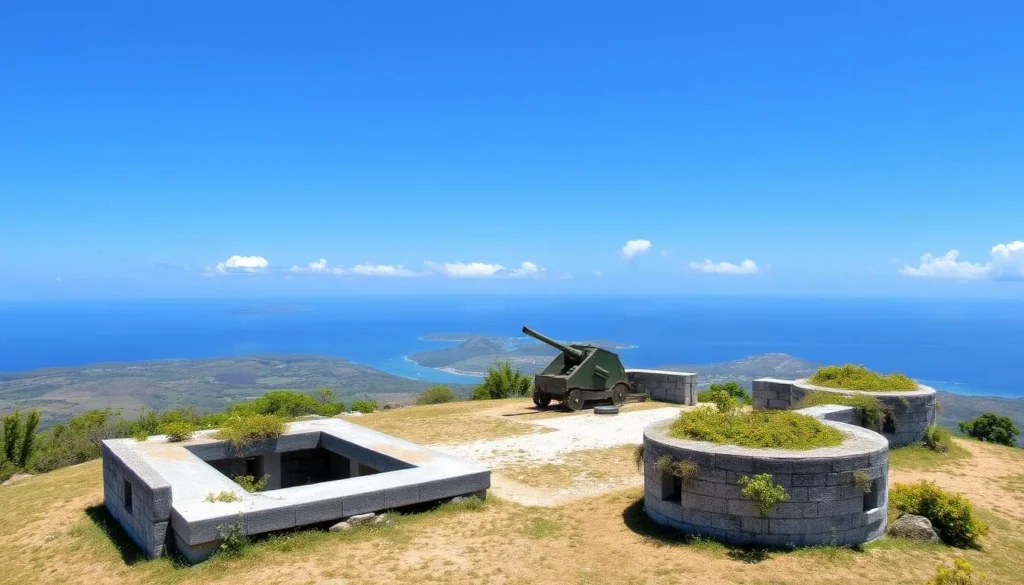
3. Swim at Anibare Bay
Anibare Bay features one of Nauru’s most beautiful beaches, with white sand and dramatic volcanic rock formations offshore. The bay is protected by a man-made stone barrier, making it one of the few safe swimming spots on the island. Join locals for a refreshing dip in the crystal-clear waters or simply relax on the pristine beach.
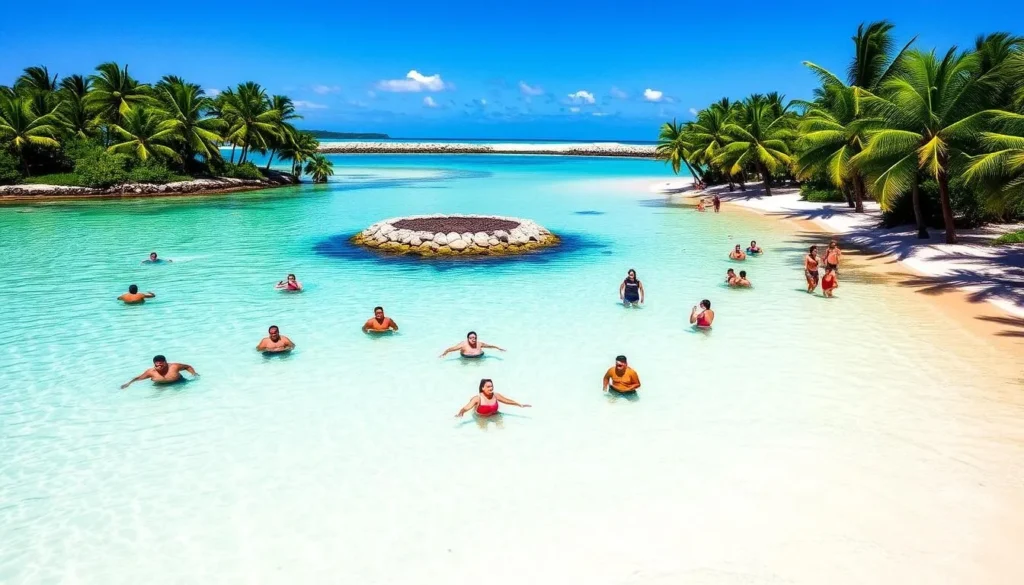
4. Explore Buada Lagoon
This unique freshwater lagoon sits in the island’s interior, surrounded by lush vegetation that contrasts with Nauru’s otherwise arid landscape. While swimming isn’t recommended, the lagoon offers excellent opportunities for photography and birdwatching. The surrounding Buada district provides a glimpse into local life away from the coast.
5. Visit the Phosphate Mining Sites
Nauru’s history and economy have been shaped by phosphate mining, which once made it one of the world’s richest nations per capita. Tour the abandoned mining areas to see the limestone pinnacles and learn about this industry’s profound impact on the island’s environment and society.
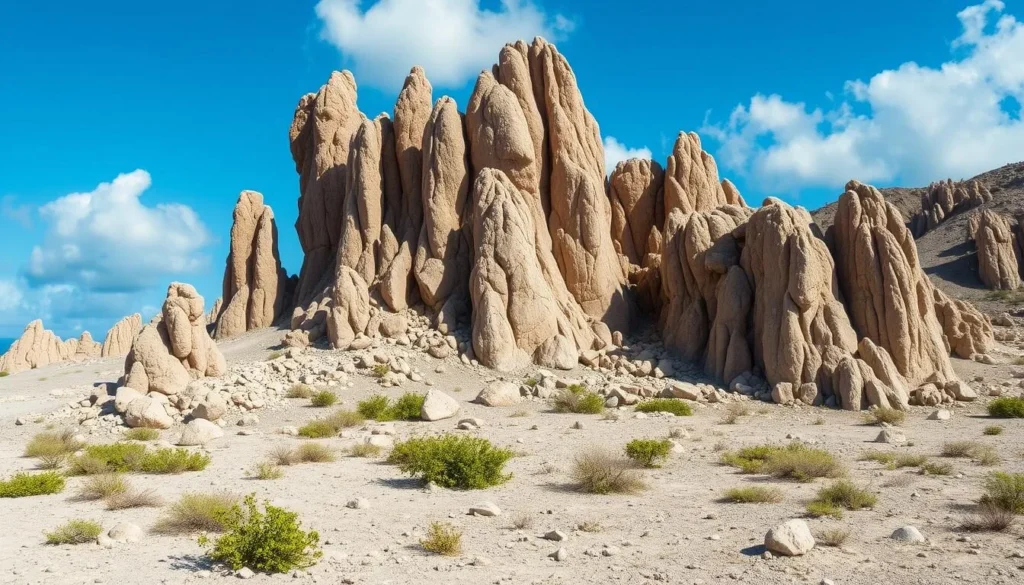
6. Explore the Moqua Caves
Located near the airport on the south coast, these limestone caves contain freshwater pools and interesting formations. The caves offer a cool retreat from the tropical heat and provide insight into the island’s geological history. Local guides can help you navigate this underground network safely.
7. Try Deep-Sea Fishing
With no barrier reef, Nauru’s waters drop off steeply close to shore, creating excellent deep-sea fishing opportunities. Local operators offer trips where you can catch species like barracuda, marlin, and yellowfin tuna. Even beginners can enjoy this activity with guidance from experienced local fishermen.
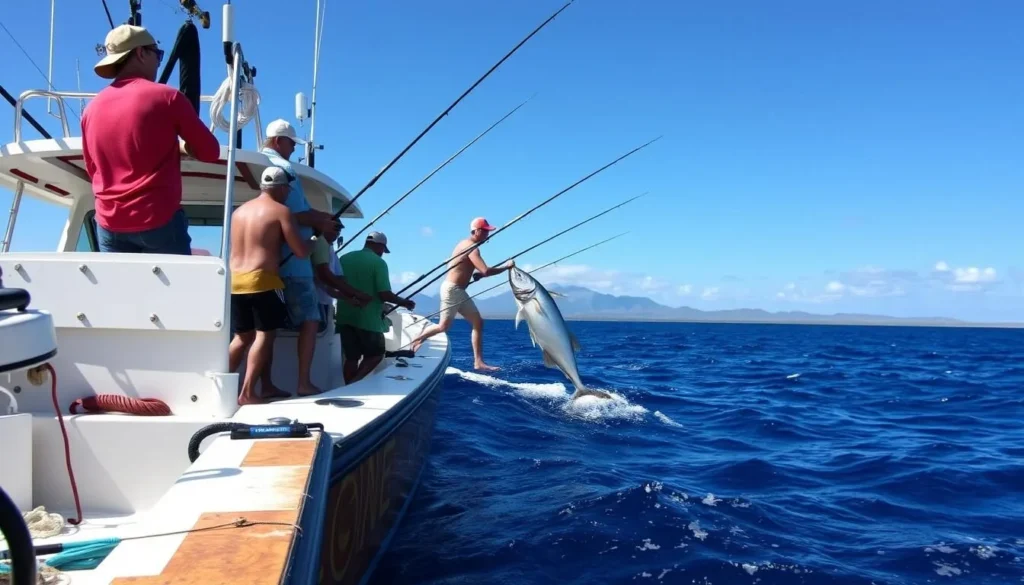
8. Visit the Nauru Museum
Though small, the Nauru Museum (Naoero Museum) offers fascinating insights into the island’s culture, history, and traditional practices. Exhibits include artifacts from pre-colonial times, the phosphate mining era, and World War II occupation. It’s an excellent place to deepen your understanding of this unique nation.
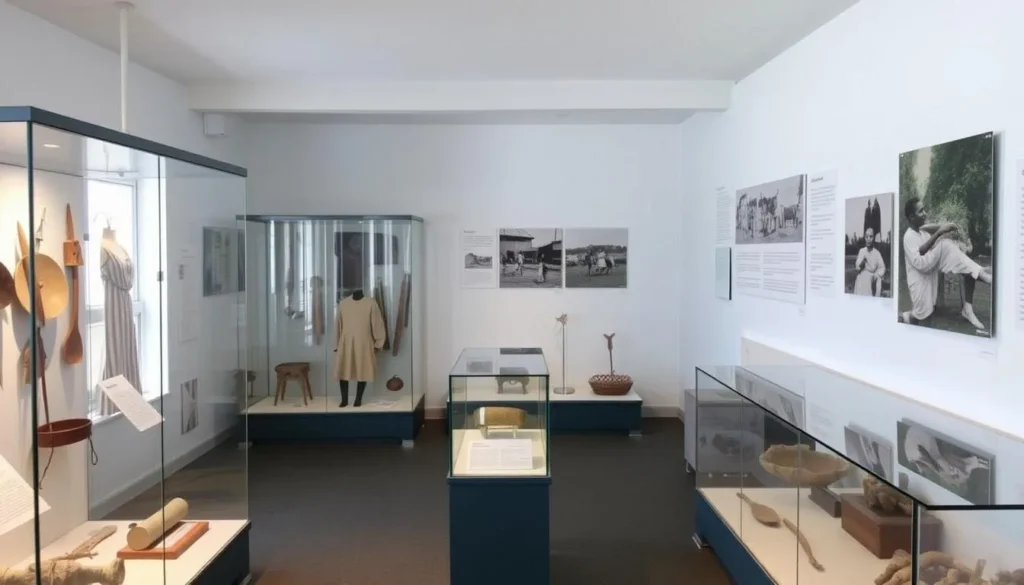
Local Culture and Cuisine
Nauruan culture reflects the island’s Micronesian heritage with influences from colonial periods and international connections. The population of around 10,000 maintains strong community bonds, and visitors are generally welcomed warmly.
Traditional Food
Nauruan cuisine centers around seafood, coconut, and imported staples. Must-try dishes include:
- Coconut Fish – fresh catch cooked in rich coconut milk
- Ika – raw fish marinated in citrus juice
- Tropical fruits and vegetables grown in the fertile area around Buada Lagoon

Cultural Experiences
While in Nauru, look for opportunities to experience local culture:
- Traditional dance performances that tell stories of Nauruan history and legends
- Local markets where you can purchase handcrafts and meet community members
- Aussie Rules Football matches – a popular sport embraced by locals
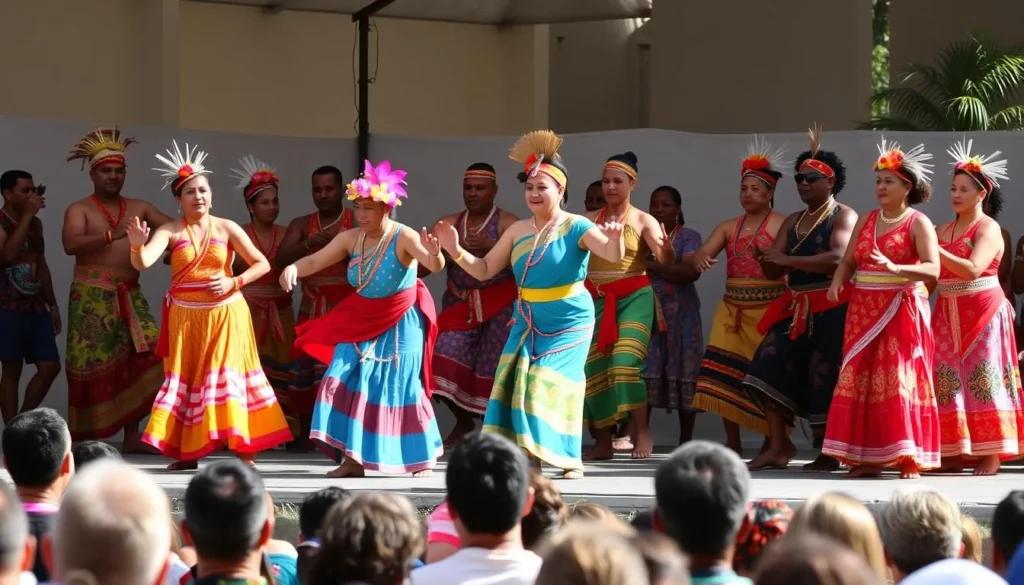
Practical Travel Tips
Planning a trip to Nauru requires some special considerations due to its remote location and limited infrastructure:
Money Matters
- The Australian dollar (AUD) is the official currency
- Bring sufficient cash as credit card facilities are limited
- No ATMs are available on the island
- Daily budget: $50-100 for basic expenses
Communication
- English is widely spoken alongside Nauruan
- Mobile coverage is available but international roaming may be limited
- Internet access is available at hotels but may be slow
- Consider purchasing a local SIM card upon arrival
Health and Safety
Nauru is generally safe for visitors, but take these precautions:
- Bring essential medications as pharmacy options are limited
- Use reef-safe sunscreen and stay hydrated in the tropical climate
- Medical facilities are basic; consider travel insurance with evacuation coverage
- Respect local customs and dress modestly, especially when visiting communities
Pro Tip: Pack light, quick-drying clothes suitable for tropical weather. Don’t forget a hat, sunglasses, and reef-safe sunscreen to protect yourself from the strong equatorial sun.
Getting Around Nauru
Nauru’s small size makes getting around relatively simple, though public transportation is limited:
| Transportation Option | Availability | Cost | Best For |
| Rental Car | Limited vehicles available | $50-70 per day | Independence and full island exploration |
| Taxi | On-call service | $10-20 per trip | Short distances when you don’t need a car all day |
| Bicycle | Some hotels offer rentals | $10-15 per day | Eco-friendly exploration during cooler hours |
| Walking | Always available | Free | Short distances and early morning/evening |
Why Nauru Should Be On Your Travel Bucket List
Visiting Nauru offers a truly unique travel experience that few others can claim. This tiny island nation may not feature on typical tourist itineraries, but that’s precisely what makes it special. From its fascinating history and warm local community to its natural beauty and distinctive landscapes, Nauru rewards adventurous travelers with authentic experiences far from the crowds.
Whether you’re circling the entire country in 30 minutes, swimming in the crystal waters of Anibare Bay, or exploring World War II relics atop Command Ridge, Nauru offers memories that will last a lifetime. As one of the world’s least visited countries, your journey here places you among an exclusive group of global explorers who have experienced this remote Pacific paradise.
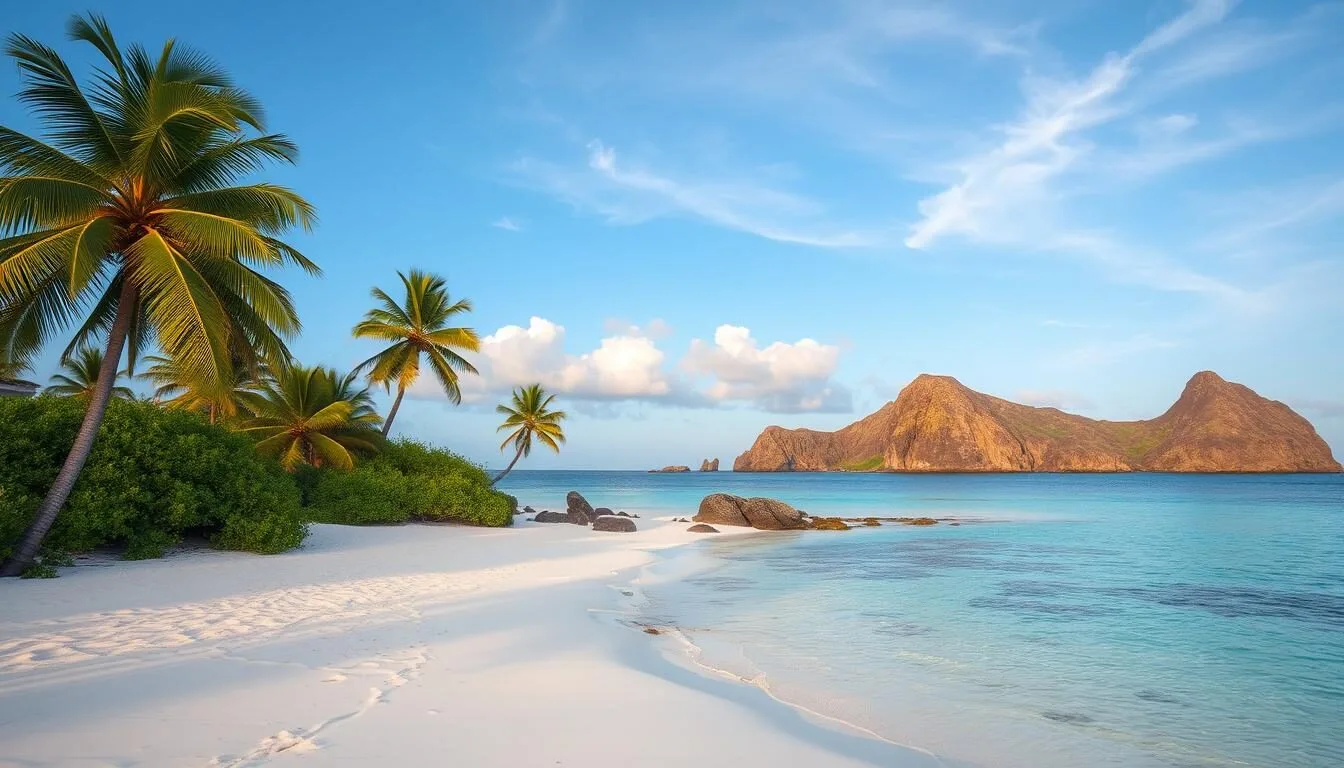
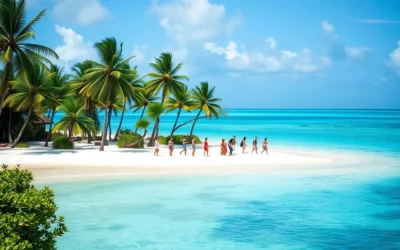
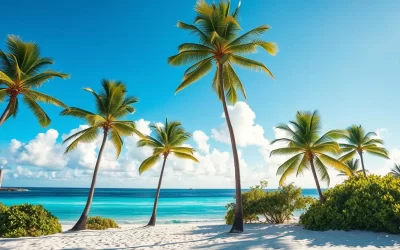
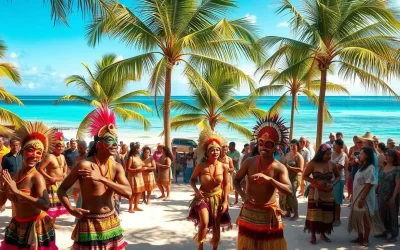
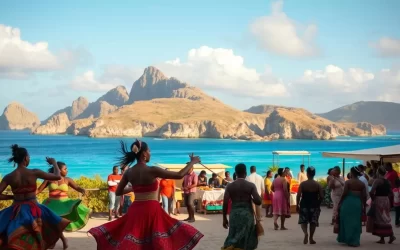
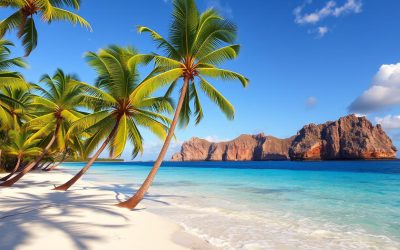
0 Comments